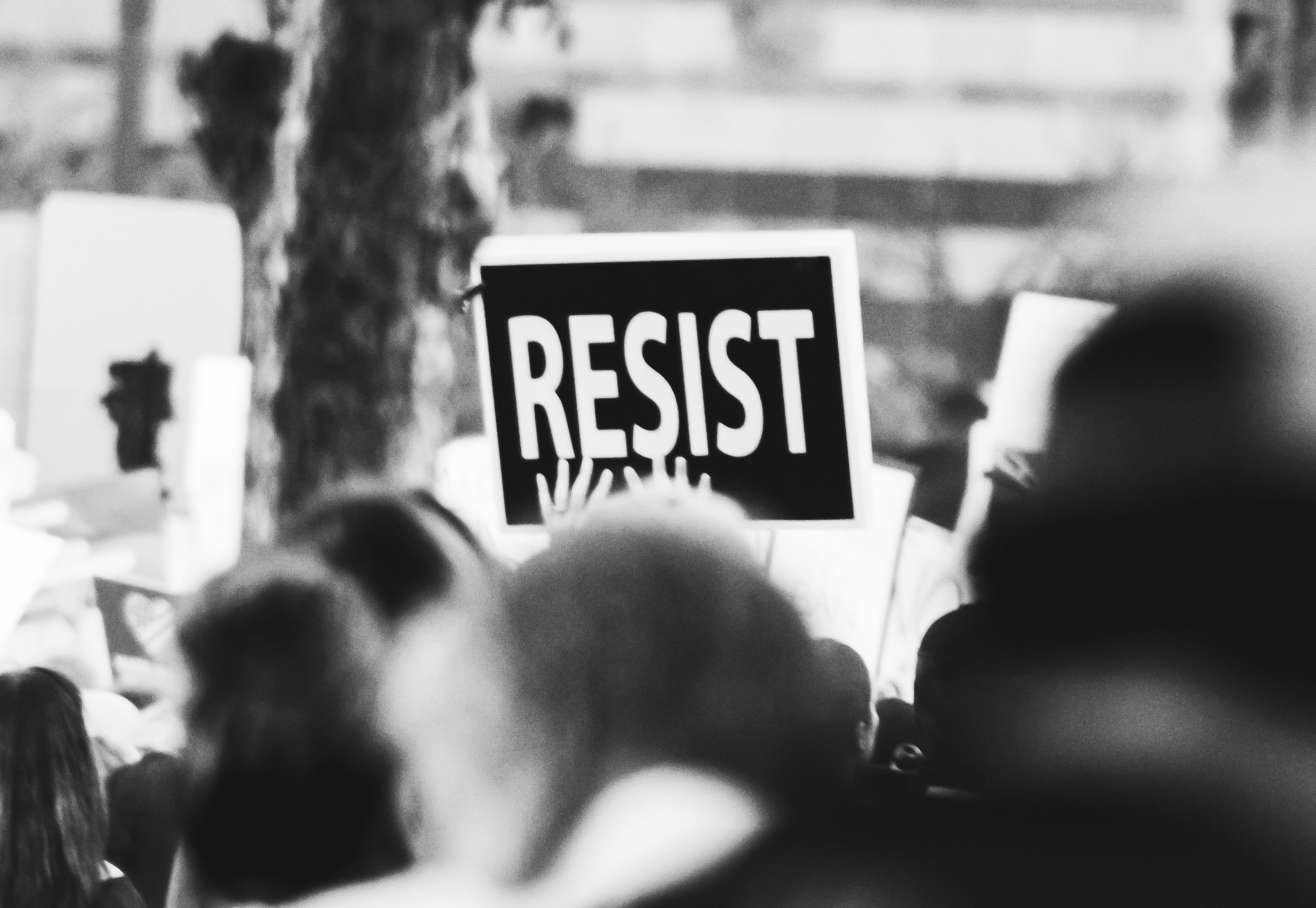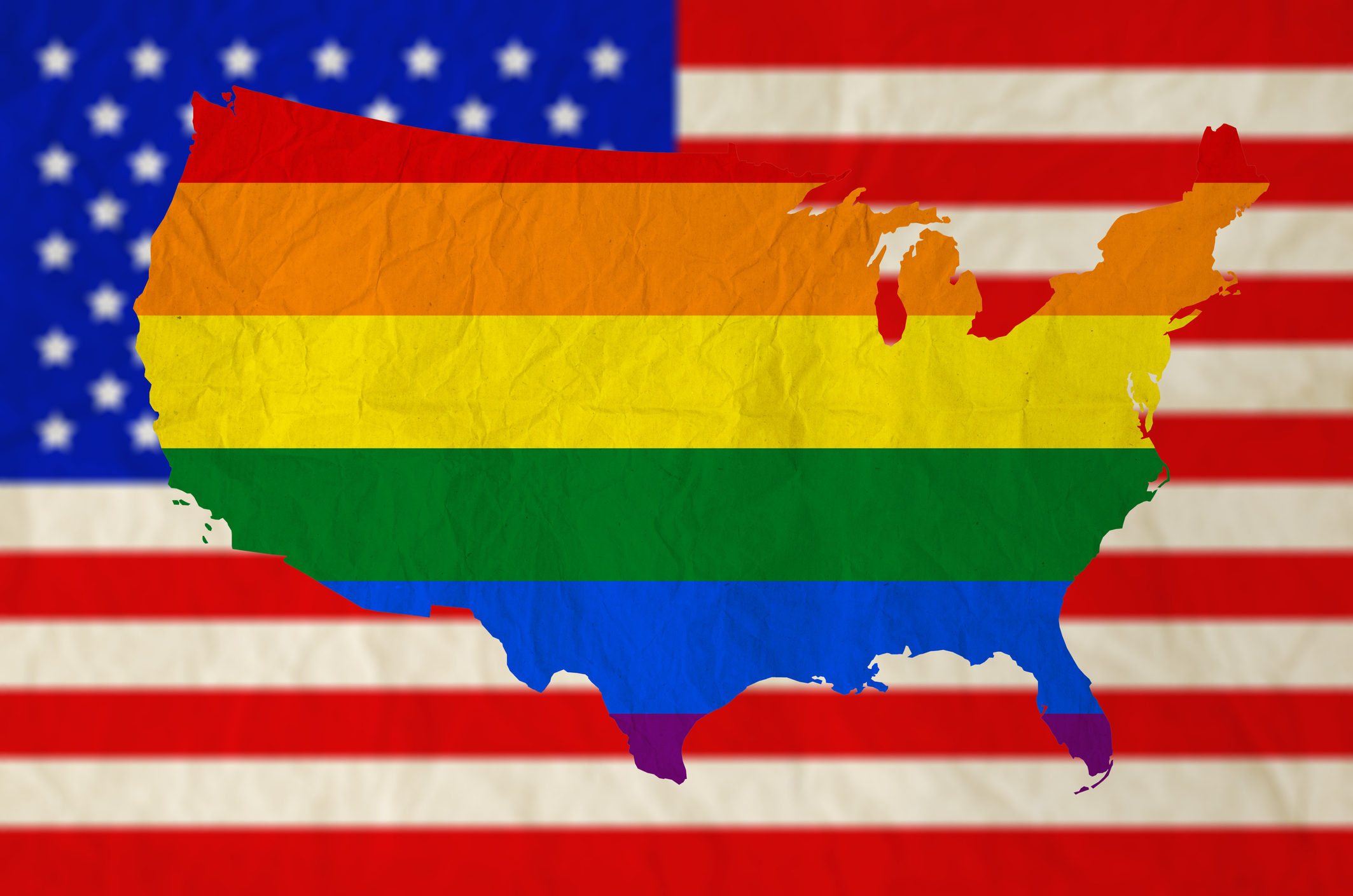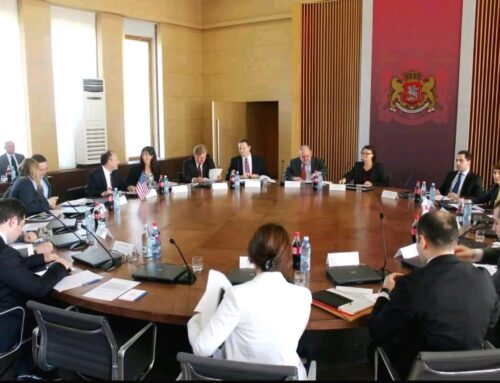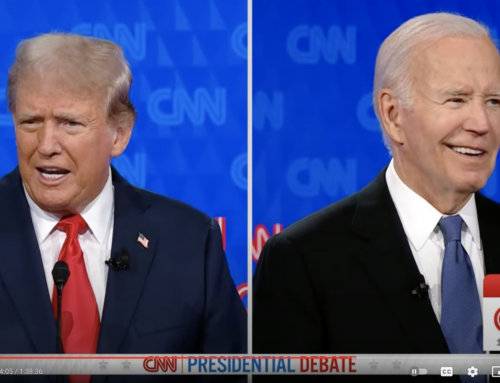
Although difficult to sustain, democracy builds its foundations on diversity and on the contest of ideas in the political space. Today, this very idea of diversity within a democracy has become a ubiquitous wedge issue that has fueled authoritarian, ethnonationalist, and xenophobic movements in the US and across the globe. While all nations need a unified vision and narrative about who they are, the existential question of national identity is uniquely difficult yet momentous for diverse democracies.
In September 2022, American headlines blasted the results of a new poll: an equal proportion of Democrats and Republicans had indicated that US democracy was “in danger of collapse.” It was touted as a rare moment of convergence in an otherwise highly polarized political climate. Yet, the poll did not explore what people meant by democracy, surfacing a much larger question about the country’s collective vision or lack thereof for its system of governance.
From its inception in Athens, dēmokratia was designed for a homogenous group of people with similar racial, social and economic privileges. Yet, with its inherent values of individual choice and collective voice, democracy offers the most compelling vision and a system of government for human flourishing. This is especially salient for multiethnic and pluralistic societies, the testbeds of “the great” experiments in diverse democracy, as the renowned democracy scholar, Yascha Monk, discusses in his recent book. While there have been varying degrees of success across diverse countries, achieving a truly inclusive model of democracy that equitably protects and honors the dignity and rights of all members of society has yet to be fully actualized.
Four former colonies – Brazil, South Africa, India, and the United States – which represent 25% of the world’s population collectively, offer critical insights that can deepen our understanding of the crisis facing diverse democracies. These countries surface immediate priorities for pro-democracy civil society intervention, particularly for practitioners and philanthropists.
America is an Inclusive Democracy
American democracy has grown steadily more inclusive. Claims that we are not a democracy come from those who wish to exclude some of us.
The newly released report, Defending and Strengthening Diverse Democracies by Keseb, a nonpartisan, pro-democracy nonprofit organization, highlights five drivers of recent deterioration of democratic ideals, culture, and systems across Brazil, India, South Africa, and the United States. These drivers are: (1) economic change and persistent or deepening inequality; (2) rapid demographic changes; (3) dysfunctional and unregulated information ecosystems; (4) cooperation between opportunistic populist leaders and political elites; and (5) cross-border learning and solidarity by authoritarian movements and leaders.
Over the next several years, innovation will be vital to the success of pro-democracy civil society organizations in resisting democratic regression and enabling their countries to realize the full promise and potential of truly inclusive and diverse democracies. This requires civil society organizations to access a range of support, including robust financial and human capital, leadership development, and national and transnational platforms to exchange knowledge and tactics, and peer learning and support networks.
While the number and nature of pro-democracy civil society organizations differs across the four countries due to factors including differing legal frameworks, degrees of political freedom, and funding environments, Keseb’s analysis has surfaced four immediate opportunities for philanthropy and practitioners in Brazil, India, South Africa, and the United States:
1. Immediately bolstering multi-year investment in targeted efforts to:
a. Promote free, fair, and trusted elections;
b. Build a leadership pipeline for representative government;
c. Combat mis- and disinformation; and
d. Cultivate informed, empowered, and engaged citizens and voters.
2. Embracing issue intersectionality and re-envisioning what it means to be a “democracy organization.” Many organizations, often grassroots ones, are employing issue-based, intersectional organizing strategies in areas such as climate justice, racial equity, and economic empowerment that are in reality moving the needle in strengthening democracy, but often are not considered “democracy” organizations. There is a unique opportunity for philanthropy to break down the siloing of issues and help civil society organizations reinforce their issue-based work where it intersects with democracy.
3. Shifting insufficient and reactive philanthropy that perpetuates fragmentation among practitioners. The impact of pro-democracy civil society organizations is hampered by two mutually reinforcing dynamics:
a. Election-anchored philanthropic capital flow that creates a “boom and bust” effect. For example, overall U.S. democracy funding to civil society organizations dropped by 50% from 2020 (US $2.5 billion) to 2021 (US $1.3 billion); and
b. Fragmented and narrowly specialized pro-democracy organizations, often creating a divide between national and local groups and grassroots and grasstops efforts.
4. Building an inspiring collective narrative for sustaining democracy to combat the appeal of authoritarianism, particularly among disillusioned citizens for whom democracy has failed to deliver its promise of economic security.
In today’s reality, threatened by a transnational authoritarian movement, it is no longer sufficient to support national pro-democracy efforts in isolation. This is particularly important for Americans to recognize – we have as much to learn from the world as we have to contribute to it. We have to develop transnational pro-democracy ecosystems that can significantly accelerate learning, collaboration, and innovation by civil society organizations and leaders.
The mega experiment of diverse democracy is under threat. This is the moment to galvanize and build solidarity across borders to give rise to an inspiring, inclusive, and resilient 21st century democracy in the U.S. and globally.
Author: Yordanos Eyoel
Republished: May 18, 2023 with permission from The Fulcrum
Feature image: iStock photo by Mybona





